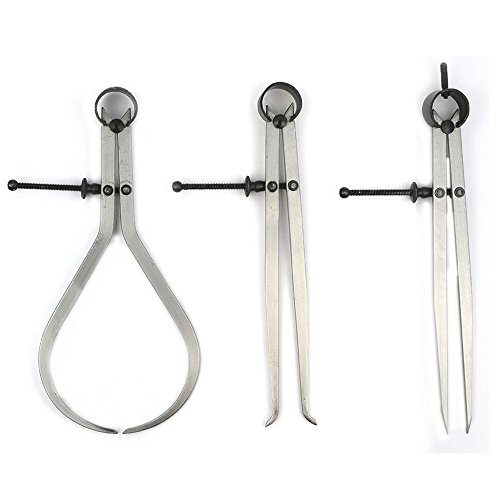- Joined
- Jul 16, 2007
- Messages
- 3,028
- Reaction score
- 1,119
Gentlemen,
A fellow on another forum had a question about obtaining drawings for an engine. He got the usual answers but here is what I wrote.
I understand copyright infringement and such but I have a question. If I buy a complete casting set with drawings for anything, engine, tool etc. and it sits on my shelf for years until I decide that I'm not going to build it and would like to sell it there seems to be no problem with this. I have never heard anyone say, " casting kit for sale but I can't sell the drawings with it because they are available from someone else".
My point being if I purchased a set of drawings for something and then decide to sell said drawings where is the problem? As long as I'm not making copies and selling them there shouldn't be and issue. People buy magazines all the time and then sell them and never once have I heard, "you can't sell them because they're copyrighted". If this is the case then where do we draw the line about reselling items, drawings, toaster, cars or garden shovels?
Asking someone to copy their set of drawings and sell them is wrong, I totally agree but selling something that you purchased shouldn't be a problem.
gbritnell
A fellow on another forum had a question about obtaining drawings for an engine. He got the usual answers but here is what I wrote.
I understand copyright infringement and such but I have a question. If I buy a complete casting set with drawings for anything, engine, tool etc. and it sits on my shelf for years until I decide that I'm not going to build it and would like to sell it there seems to be no problem with this. I have never heard anyone say, " casting kit for sale but I can't sell the drawings with it because they are available from someone else".
My point being if I purchased a set of drawings for something and then decide to sell said drawings where is the problem? As long as I'm not making copies and selling them there shouldn't be and issue. People buy magazines all the time and then sell them and never once have I heard, "you can't sell them because they're copyrighted". If this is the case then where do we draw the line about reselling items, drawings, toaster, cars or garden shovels?
Asking someone to copy their set of drawings and sell them is wrong, I totally agree but selling something that you purchased shouldn't be a problem.
gbritnell
































































